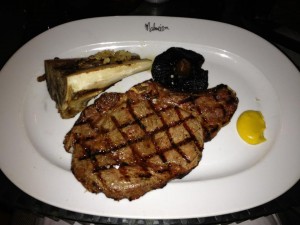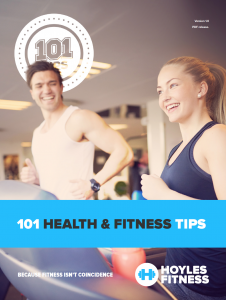The importance of a protein-rich diet for muscle building
The importance of a protein-rich diet for muscle building
If you want to see gains, then the right nutrition is essential. This means that you need to take in the right amount of calories, as well as the correct ratio of macronutrients including protein, carbohydrates, and fats. Additionally, there’s also the task of understanding and maintaining the proper nitrogen balance.
A lot of people who train don’t fully understand the basics of nutrition. The first step is to understand the difference between macronutrients and micronutrients.
Macronutrients
These are the structural and energy-giving caloric components of the foods that we eat. This includes carbohydrates, fats, and proteins.
Micronutrients
These are vitamins, minerals, antioxidants, trace elements, and phytochemicals that are essential for good health.
Of course, the quantity and quality of these can vary greatly depending on the foods that you eat. Processed food will always tend to have more macronutrients as it strips the food of nutrients to give it a longer shelf life.
So, what about protein?
Protein is not only present in every cell in our bodies, but it’s used to repair muscle and build muscle. It’s a core macronutrient, but unlike other macronutrients such as carbohydrate and fat, your body does not store protein. That means when you’re running low your body will have no protein store to draw from. That’s why it’s essential that you’re eating enough protein.
Protein is harder to digest than carbohydrates, but this means that your body will use more calories to break it down. Protein-rich foods will also help you to feel fuller for longer, so it’s a win-win situation if you’re looking to kick-start a healthy diet. Research has also shown that protein can help reduce blood pressure, prevent high cholesterol, and help you combat diabetes and osteoporosis.
What does nitrogen have to do with protein?
Nitrogen is, in fact, one of the most important elements of protein and is essential for tissue building. That means that if you want to build muscle, you need to be mindful of how much you’re giving your body.
To maintain a positive nitrogen balance, you must eat enough protein every 3-4 hours to ensure that your body is in an anabolic state (the building up phase) rather than a catabolic state (tearing down phase). Failing to get enough protein means your body will begin to break down tissue (muscle) to meet its daily protein needs.
That’s easy enough to understand, right?
Adding protein to your diet
As the amino acids in protein start to make their way around your body, their biggest task is to build lean muscle tissue. On average, the recommended daily intake of protein is 50 grams, but this can depend on your fitness goals. For example, if you’re undertaking a regular fitness regimen such as Prestige Boot Camp, your trainer will probably advise that you increase your protein intake so that your body can keep up with fitness demands.
Here are some easy ways to start adding protein into your daily diet:
- Try to eat the protein component of your meal first. That way, you’ll start to feel fuller quicker.
- Choose leaner, larger cuts of meat that will significantly increase the protein content of your meal.
- Opt for a protein shake for breakfast. One scoop (28 grams) can provide you with about 20 grams of protein, which is a great way to start your day.
- While fruit is the healthiest snack out there, it’s very low in protein. Pairing it with peanut butter will boost its protein content by about 8 grams.
- Salad for lunch? Start adding protein-rich foods such as chicken, salmon, tuna, cheese, or chickpeas to your meal, and you’ll feel a lot fuller for the rest of the day.
By the way, if you subscribe to the Hoyles Fitness mailing list you’ll receive a free eBook containing 101 Health and Fitness Tips, plus offers and news exclusive to Hoyles Fitness subscribers. Click the image below to download…



One thought on “The importance of a protein-rich diet for muscle building”